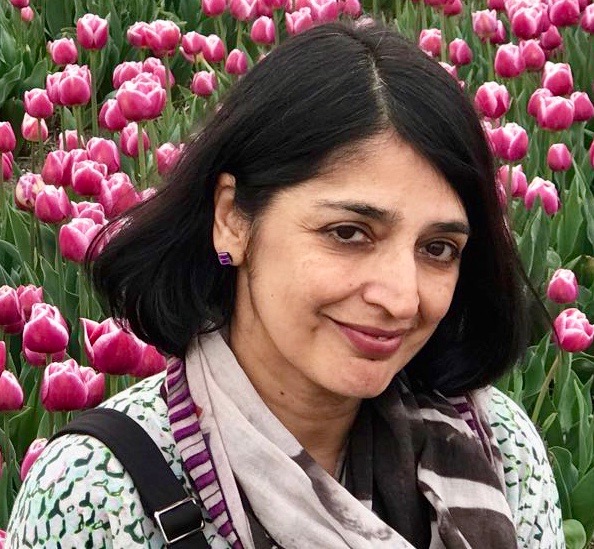The art of interviewing witnesses: What we’ve learned from the science and practice
Speaker(s):
Series:
Associated with:
Notes & Changes
Please note that this event will be recorded, if you do not wish to be part of the recording, please feel free to turn your cameras off once the talk begins. The talk will be made available on the Criminology website and YouTube channel at a later date.
Information from victims, eyewitnesses and suspects plays a crucial role in criminal investigations. Gathering accurate and detailed information is not only essential for establishing what happened for prosecution purposes but for intelligence gathering to prevent incidents. I’m going to describe an ethical and effective model of interviewing that draws on the science of memory and communication. The technique can be adapted and used by frontline investigators and detectives investigating serious incidents from domestic abuse to industrial accidents to terror attacks. It’s also a tool that can be adapted for us by police, social work and health care professionals to question vulnerable witnesses. When used appropriately it results in a questioning style that minimizes bias that can come from interviewers or misleading information. In this talk I’ll review the impact of the investigative interviewing tool highlighting research and practice indicating how far we have progressed. I’ll end with some of the gaps in our knowledge, an in particular in addressing cultural barriers and meeting the needs of traumatised witnesses setting out an agenda for future research.
Registrations will close at 12 midday on Wednesday 19th January. The link will be sent to you later that afternoon.

Bio:
Amina Memon, is Professor in Psychology at Royal Holloway, University of London where she directs the interdisciplinary Research Centre for the Study of Emotion and Law. Prof Memon received her bachelor’s degree at the University of East London and her Ph.D. in Psychology at Nottingham University. She has been a researcher and instructor at University of California Los Angeles, Southampton University, University of Texas at Dallas and the University of Aberdeen before becoming a professor at the University of London. She is a Fellow of the British Psychological Society, The Association for Psychological Science, and has been awarded the Asian Women of Achievement in the Professions award in 2016 and the Economic & Social Research Council Impact award in 2017 for contributions to National Policy in the United Kingdom. Amina’s research in social and cognitive psychology contributed to best practice in forensic interviews of vulnerable witnesses. Her studies have included children, individuals with autism, seniors, police officers and judges. Current projects include assessing credibility and reliability of witness testimony, social sources of misinformation, questioning in asylum interviews and secondary traumatic stress in frontline workers during the COVID-19 pandemic.


 Add to calendar
Add to calendar


